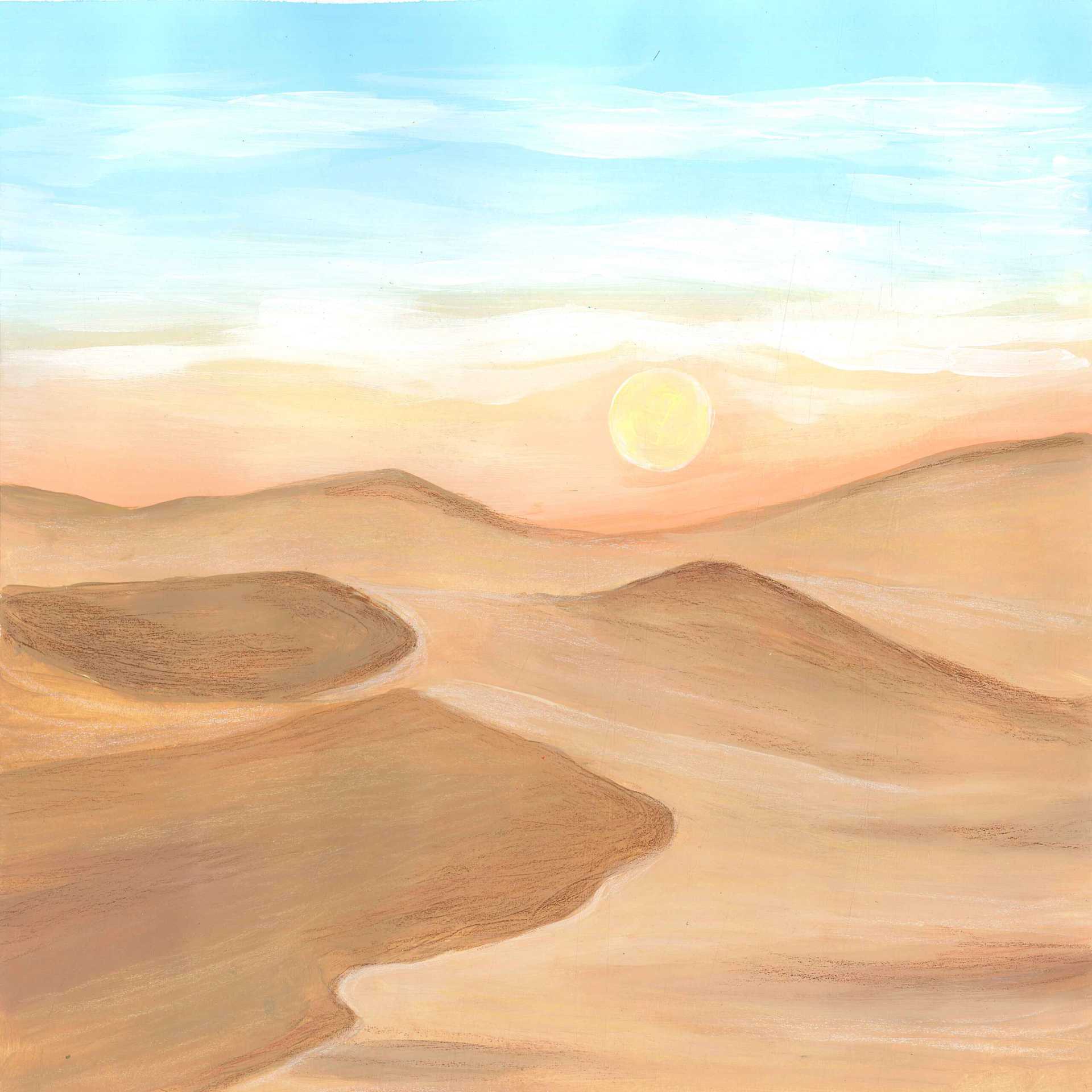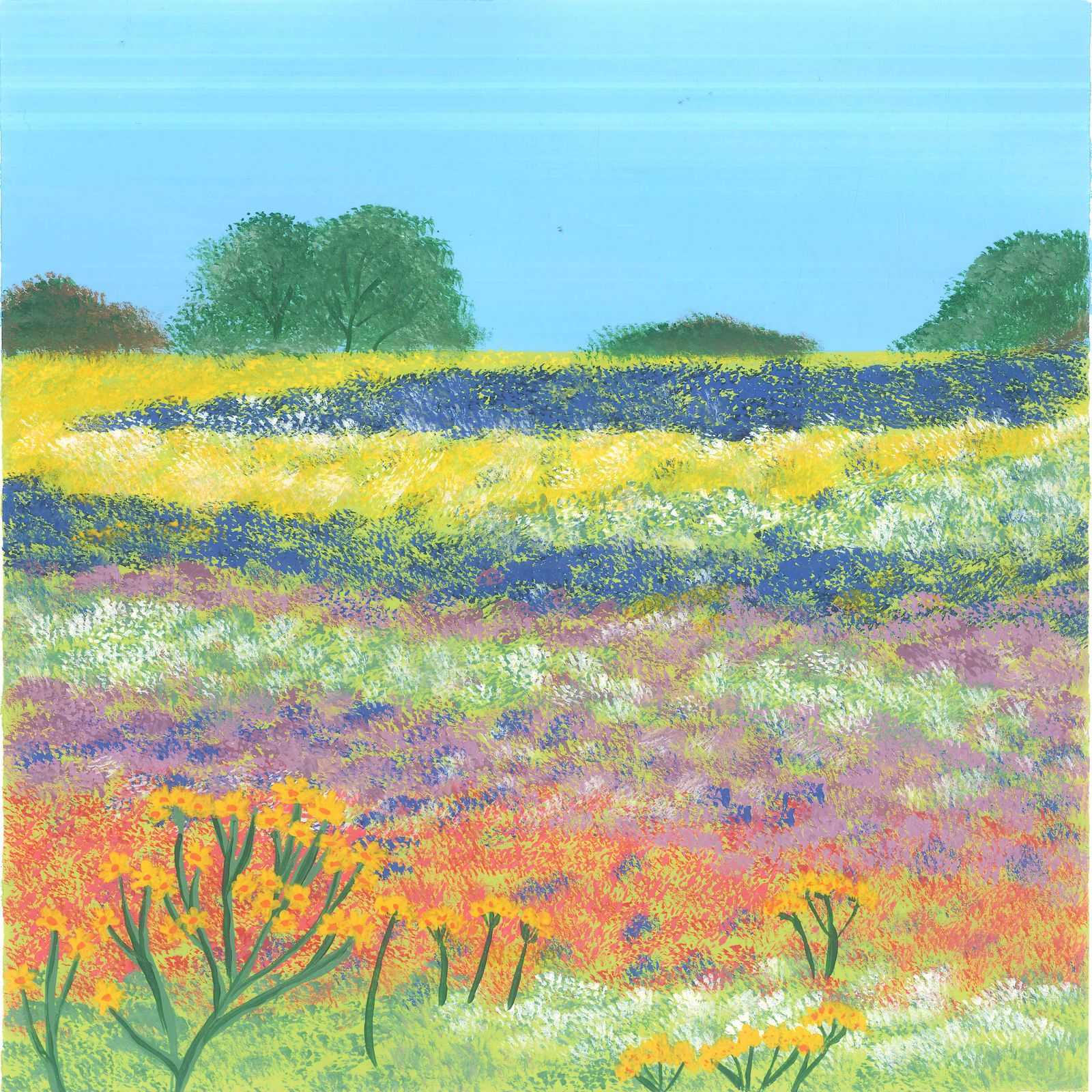
Best Sleep Sounds for Anxiety
Nature sounds to reduce anxiety and promote sleep
Finding the best sleep sounds to improve anxiety can be challenging. Here, we have created a playlist of nature sounds we hope will help reduce anxiety and promote sleep. We have also answered some of the frequently asked questions about the connection between sounds, sleep, and anxiety.
| #Title | Location | Ecosystem | Duration |
|---|---|---|---|
| Namibia | Desert & arid | 01:08:51 | |
| Sweden | Mountains | 01:08:28 | |
| Brazil | Tropical Forests | 01:05:35 | |
| Russia | Temperate Forests | 08:59 | |
| Estonia | Boreal Forests | 30:00 | |
| USA | Temperate Forests | 05:00 | |
| USA | Wetlands | 24:16 | |
| Russia | Boreal Forests | 08:39 |
FAQs about the best sleep sounds for anxiety
- What are the best sleep sounds for anxiety?
- Can falling asleep to music and sound help with anxiety?
- Why is anxiety so bad at night?
- What sounds trigger anxiety?
What are the best sleep sounds for anxiety?
Many people search online for ‘best sleep sounds’ because they experience anxiety. And several studies and clinical trials have concluded that sound-based treatments are effective in reducing somatic and cognitive state anxiety.
The following are commonly cited as some of the best sleep sounds for calming anxiety:
- White noise, such as that made by a vacuum cleaner, an air conditioner, or TV/radio static
- Pink noise, like the soothing sounds of gentle rain falling, ocean waves, or wind
- Brown noise, like heavy rain sounds, thunderstorms, strong wind, or waterfalls
- Nature sounds, from ocean sounds (like ocean waves) to woodland sounds like wildlife, birdsong, or wind blowing through trees
- Relaxing music (or calming music, peaceful music, and ambient music); mainly songs of around 60 to 80 beats per minute (BPM)
- Meditation sounds, either in the form of simple, meditative relaxing sounds or guided sessions.
For some, binaural beats and ASMR are also helpful for falling asleep, but these sound types have been studied even less than those mentioned above (with pink and white noise leading the way); research is still establishing the effects of sounds on our body and mind. Meditation music – calming music to aid the practice of meditation – is an area we should pay more attention to and further explore. The same goes for massage music, which is usually chosen for its soothing sounds (often in the form of instrumental music).
While we suggest that you use reputable research findings to guide your choices, trial and error will ultimately establish which sleep sounds are the most beneficial for your specific experience of anxiety.
Can falling asleep to music and sounds of nature help with anxiety?
As mentioned above, the most relaxing melodies are of around 60 to 80 beats per minute. Because adults’ normal resting heart rate ranges from 60 to 100 beats per minute, the mind is able to synchronize with these BPMs.
When your mind is synchronized with the beat, your brain generates alpha brain waves, which are also produced when you’re relaxed, calm, or focused on something. Consequently, the right sounds can, hypothetically, help you relax and fall asleep more quickly.
In fact, classical music has been proven to be a good option for reducing sleep problems. Many other studies also suggest that classical music can reduce anxiety and promote a positive mood, while singing can not only improve mood state but modulate components of the immune system.
Studies also suggest that certain types of music are beneficial for sleep (including deep sleep) because they can decrease levels of the stress hormone cortisol, which otherwise leads to increased alertness and therefore poor sleep.
A South Korean study has also mooted natural sounds as an effective way to relieve stress in everyday life. It found that, “When participants heard nature sounds, they felt comfortable, relaxed, and natural, and the negative mood state was lower, while the positive mood state was higher than [when participants heard] urban sound.”
Listen to Earth.fm’s ‘Best Nature Sounds for Sleep’ playlist! 🌳 🎧
Although further research is needed, existing studies suggest that certain calming sounds and soothing music can be a great aid for stress relief, fighting anxiety, and getting better sleep.
Why is anxiety so bad at night?
Because anxiety and sleeping may clash during the night, it could be helpful to deploy methods to calm your body and mind during this period.
Anxiety can be worse during the night because the daytime provides many distractions, while at night there is less escape from troubling thoughts.
Naturally, the more anxious thoughts you have at night, the more trouble you’ll have falling asleep, sustaining deep sleep, or falling back to sleep if you wake up during the night (which there’s a significant chance you will).
Studies have shown that levels of the stress hormone cortisol begin to increase between 2 and 3 am, peaking at 8:30 am. Nothing good happens after 2 am, they say, and it definitely won’t if you’re suffering from anxiety.
What sounds trigger anxiety?
Now that we have discussed how sounds can help you reduce your anxiety, unwind, and improve your sleep, let’s look at the other side of the coin: sounds that may trigger anxiety and which are best avoided.
A 2021 study created a list of sounds that can trigger anxiety; called misophonic sounds, they can cause moderate to high distress. These sounds may not affect most people, but could be a trigger to those experiencing anxiety:
- A fly or mosquito buzzing
- Snoring
- Eating, chewing, and lip-smacking
- Sniffling
- Throat-clearing
- Slurping when drinking (or eating soup)
- Sucking of teeth
- Water dripping (but not raindrops or rain falling!)
- Cutlery scratching crockery
- Gum-chewing
- An infant crying
- Floors, doors, or fabric squeaking
- Music or television heard through a wall
- Hesitant exclamations like ‘um’, ‘uh’, and ‘er’.
More than half of these sounds can occur during the night. Some, like a dripping tap or a squeaky floor, can be prevented in advance—so try to soundproof your home as much as possible.
An unexpected mosquito, your partner sucking their teeth, or the volume of the neighbors’ TV will require more work, to say nothing of soothing a crying baby.
In any case, try to figure out what calms you down if you have trouble falling asleep, and are prone to waking up in the night and/or sustaining deep sleep.
As discussed above, scientific research can be helpful when searching for the right method, but you’ll be the best judge of which relaxing sounds are beneficial to you (as well as other methods for unwinding and to help you sleep, from reducing screen time before bed or finding the perfect mattress, to birds singing, water sounds, and positive vibes).
This content is for general information purposes only and is not intended as medical or other professional advice.
Earth.fm is a completely free streaming service of 1000+ nature sounds from around the world, offering natural soundscapes and guided meditations for people who wish to listen to nature, relax, and become more connected. Launched in 2022, Earth.fm is a non-profit and a 1% for the Planet Environmental Partner.
Check out our recordings of nature ambience from sound recordists and artists spanning the globe, our thematic playlists of immersive soundscapes and our Wind Is the Original Radio podcast.
You can join the Earth.fm family by signing up for our newsletter of weekly inspiration for your precious ears, or become a member to enjoy the extra Earth.fm features and goodies and support us on our mission.
Subscription fees contribute to growing our library of authentic nature sounds, research into topics like noise pollution and the connection between nature and mental wellbeing, as well as funding grants that support emerging nature sound recordists from underprivileged communities.








